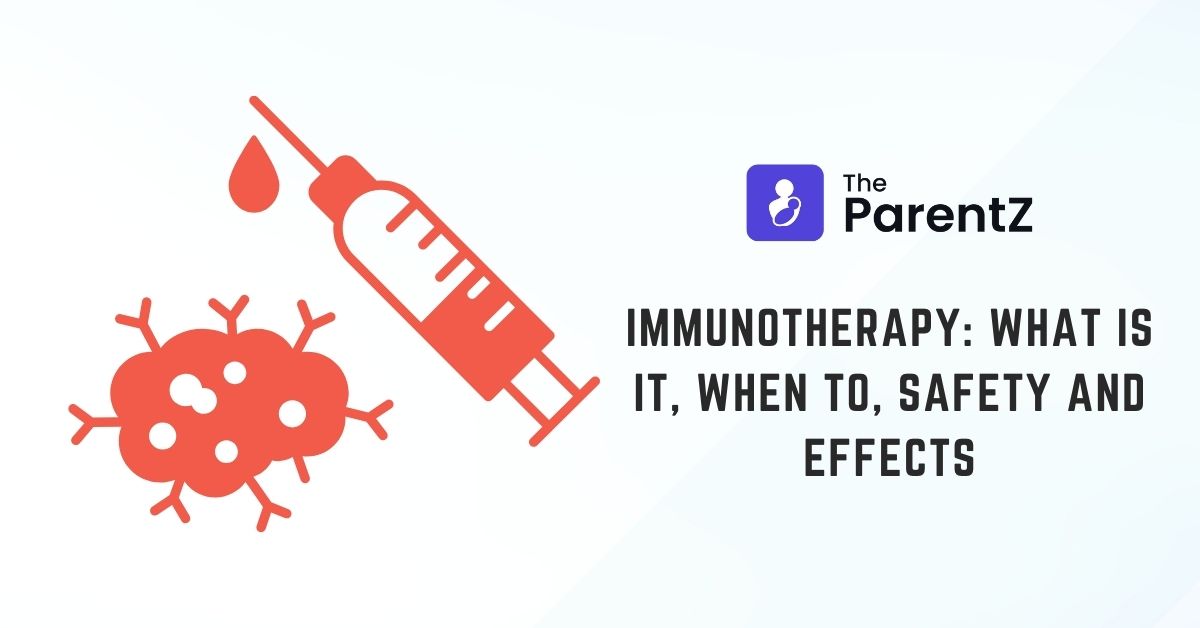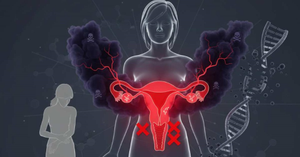What is immunotherapy?
Immunotherapy which is also known as allergy shots are used to control allergic reactions. They are used if the child does not respond to other treatments and medication. Immunotherapy can be used to control symptoms in-
- Allergy to pollen, dust of dander
- Allergy to mould
- Allergy to insect bites
- Hay fever symptoms
Immunotherapy has no role in controlling the symptoms in food allergies.
Why is the basis of allergic reactions?
Allergic reactions which lead to allergic disorders such as hay fever, allergic asthma and allergic pink eye happen when the body responds to external allergens. These external allergens may include dust, pollen, grass, mites, dander and hay to name a few.
The immune system of the body exaggerates an immune response for external allergens which are otherwise harmless. An allergen enters the body and the immune system picks it up as an external agent. It starts the immune process which eventually leads to release of various immune substances and chemicals such as histamine. These are responsible for allergic reactions.
When to consider immunotherapy?
Immunotherapy should be considered when other methods of controlling allergic response fail. If limitation of exposure is not possible, medications do not provide adequate relief or need a very high dose to be effective, immunotherapy should be considered.
What does immunotherapy do?
Immunotherapy helps to sensitise and build up the immunity against allergens. In simple words, it helps the immune system get used to the external allergens so that it does not overreact when the body comes in contact with allergens. Immunotherapy can be used for kids with hay fever, allergic asthma and other allergic conditions except food allergy.
In immunotherapy a small amount of purified allergen is injected in the body. It is injected superficially in the skin of the forearm. There is a local reaction of redness and swelling. The dose of allergen to be injected is slowly increased over the time as long as the body safely tolerates it. This is known as the sensitization phase. When the maximum dose safely tolerated by the body is reached, it is the dose injected for the next 3-5 years. The number of shots needed decreases over time.
The relief felt by the kid is due to sensitization of the immune system so that it decreases the intensity of reaction. Some kids may feel relieved in the sensitization phase itself while others feel better in the maintenance phase.
Is immunotherapy safe?
Immunotherapy is a safe procedure when performed under medical supervision. Some things to be kept in mind for a safe immunotherapy experience are-
- Always rely on a registered and trusted healthcare provider for immunotherapy.
- Local reactions which occur are not dangerous and can be managed by application of ice pack or oral anti allergic pills
- A child who is ill, has active asthma and trouble breathing should not receive a shot until symptoms subside and the doctor gives an all clear.
- Extensive reactions all over the body following immunotherapy as hives are less common but may happen. These need immediate attention. This is why it is recommended to wait at least 30 mins after the shot for observation.
What should you know as a parent?
- Immunotherapy takes time to be effective. You should not expect results overnight.
- Immunotherapy is a long term treatment and can take several years.
- You should only take immunotherapy treatment from a registered practitioner.
- You should inform your doctor if the child is taking any medications.





Be the first one to comment on this story.